Prescribe names for press types in accordance with international terminology
Commenting on the draft Law on Press (amended), the National Assembly Deputies of Group 9 said that the draft law has demonstrated great efforts in institutionalizing the Party's viewpoints and guidelines on the national press development strategy. At the same time, it also added many contents on press economics , press activities in cyberspace, digital transformation, and human resource development for the press in the current period.
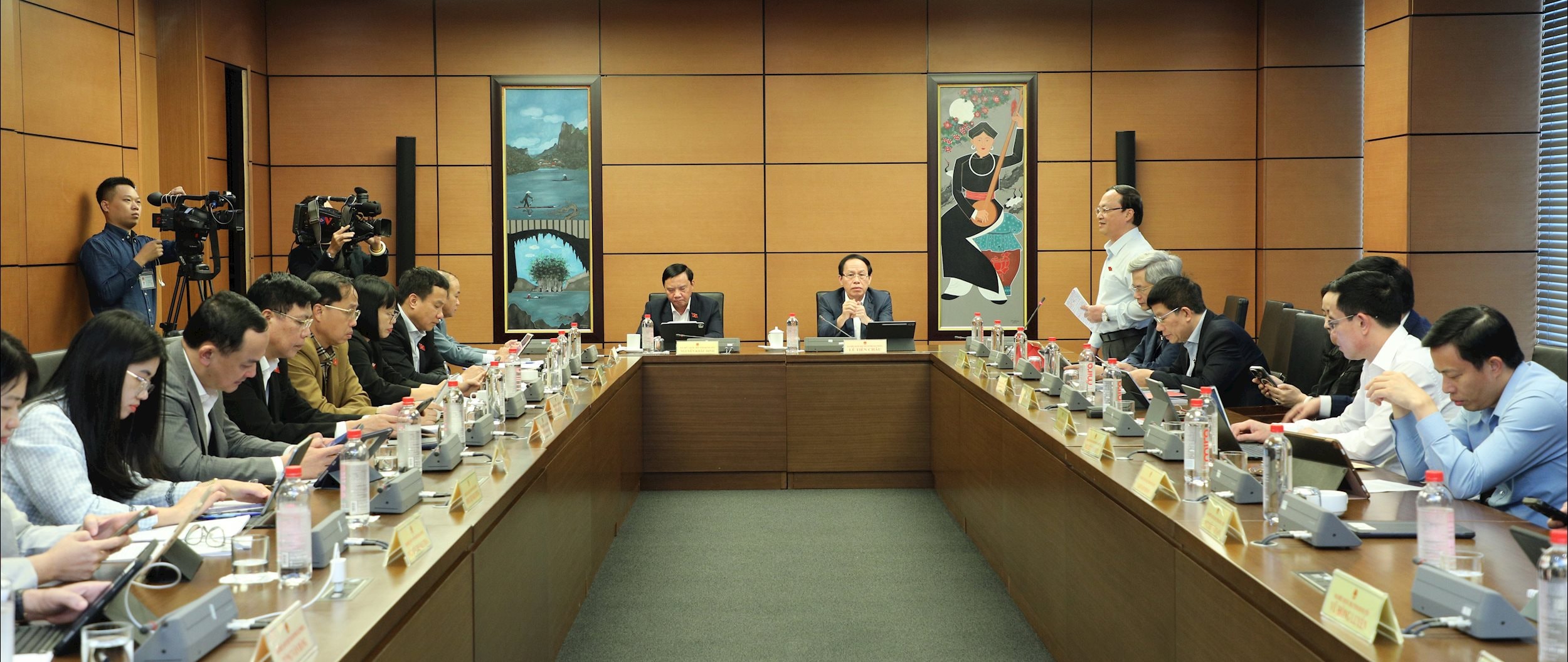
National Assembly Deputy Do Tien Sy ( Hung Yen ) emphasized that the draft Law once again affirms that revolutionary press is closely linked to the national liberation revolution, building and defending the Fatherland, operating professionally, humanely and modernly.
Regarding types of journalism in the context of digital transformation, the draft Law inherits current regulations, identifying 4 types of journalism: spoken press, printed press, visual press and electronic press.
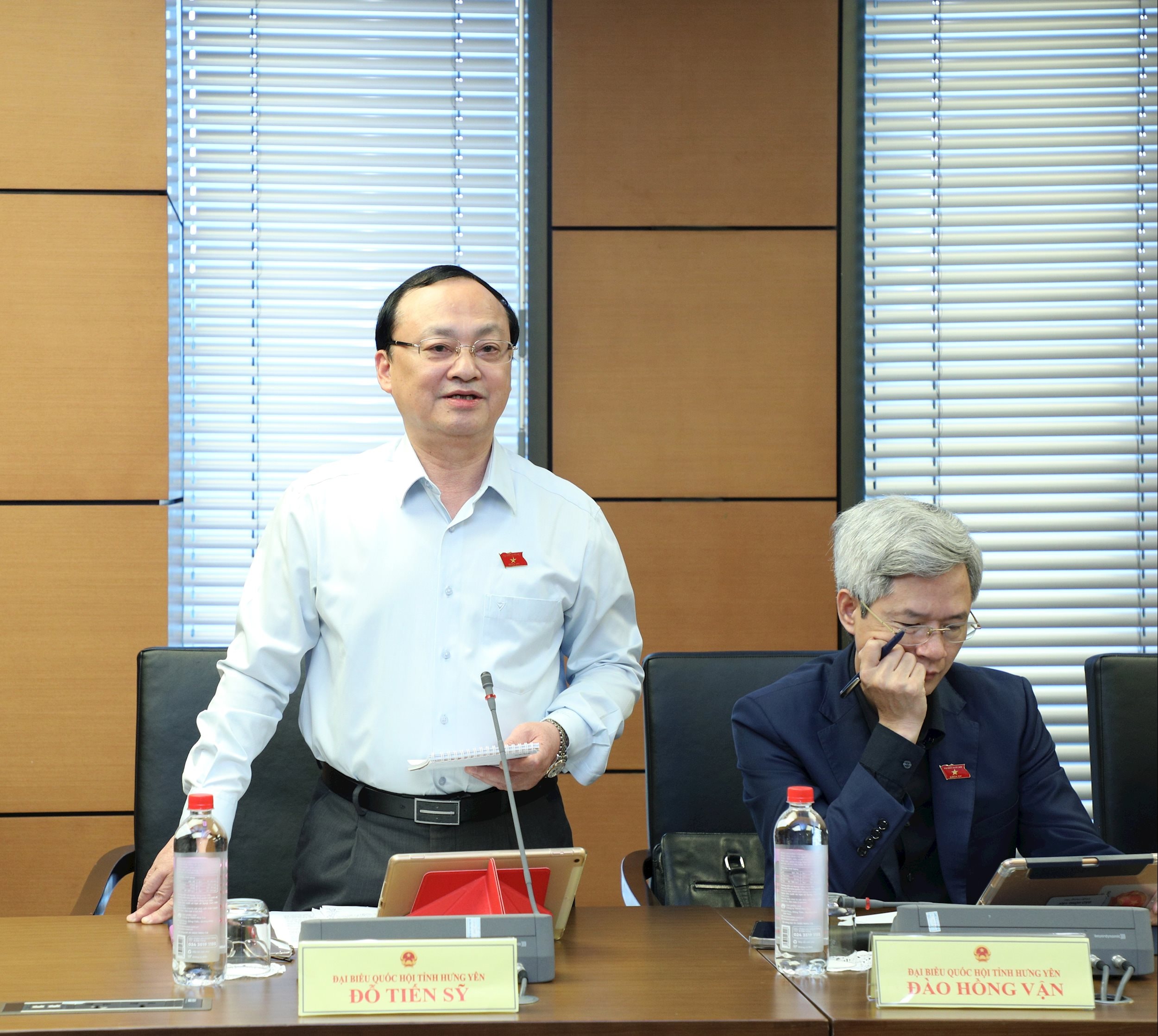
Analyzing in terms of terminology and based on international practice, National Assembly Delegate Nguyen Thi Viet Nga (Hai Phong) found that the regulation is not really consistent with the classification method commonly used in the region and the world .
Delegate Nguyen Thi Viet Nga said that it is necessary to study the renaming of press types to ensure the most appropriate and correct international terminology. For example, calling them print newspapers, radio and television newspapers and electronic newspapers instead of spoken newspapers, print newspapers, television newspapers and electronic newspapers. Because these are universal concepts, compatible with international technical terminology, reflecting the true technological nature of each type of press; at the same time, they are also very meaningful in the integration process, convenient in international cooperation, training, research and state management of the press.
Sharing the same view, delegate Do Tien Sy suggested replacing the phrase "spoken newspaper, visual newspaper" with "radio, television" to be consistent with the current popular concept.
In the face of the digital transformation trend, delegate Do Tien Sy suggested considering and boldly adding a fifth type, "multimedia, multi-platform journalism", which is a type of journalism published and transmitted on cyberspace. This will be the type in which press agencies publish digital products integrating articles, videos, audio, livestreams, etc. If this type is not added, the drafting agency needs to define more clearly the "digital content channel of press agencies" in the draft Law.
Avoid the tendency to commercialize content or “newspaperize” magazines
Regarding the development of press economy and financial mechanism for press agencies, Article 21 of the draft Law clearly stipulates the revenue sources of press agencies, including: allocated budget sources; revenue from advertising, copyright sales, service provision, sponsorship, business cooperation, etc.
According to delegate Nguyen Thi Viet Nga, this is a very important step forward, demonstrating a new awareness of the development of journalism as a field that is both socio-cultural and creative economically. And, current practice shows that many press agencies are also facing difficulties in securing operational resources.
Meanwhile, the need for press agencies to invest in technology, digital transformation, and improve content quality is growing and requires a significant amount of funding.
Therefore, establishing a mechanism for the press economy is absolutely necessary.
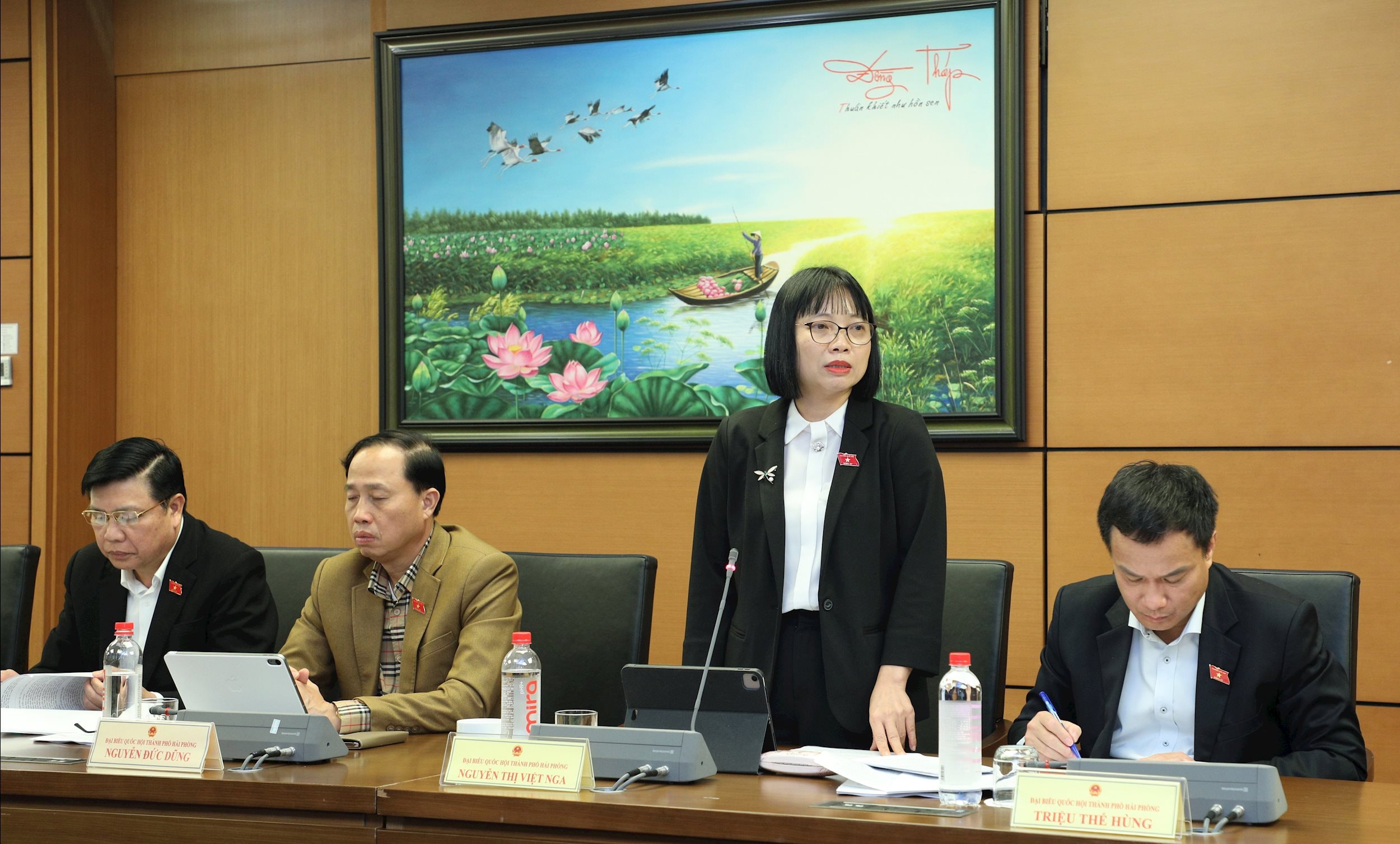
However, the concept of “press economy” in the draft Law is still general and not clearly defined. Delegate Nguyen Thi Viet Nga suggested that it is necessary to review and supplement the official definition of press economy; clarify the scope and limits of investment, association, and advertising activities, avoiding the trend of commercializing content or “newspaperization” of magazines.
Along with that, research on the mechanism of the Press Development Fund to support press agencies in carrying out socio-political tasks, serving remote areas, and supporting digital transformation. The establishment of the Press Activity Fund has been carried out in many countries around the world.
Regarding the conditions for granting press operation licenses, Point b, Clause 1, Article 17 of the draft Law stipulates that the subjects proposed to be granted press operation licenses are higher education institutions as prescribed by the Law on Higher Education; scientific and technological organizations organized in the form of academies and institutes as prescribed by the Law on Science, Technology and Innovation; provincial-level hospitals or equivalent or higher.
National Assembly Deputy Doan Thi Thanh Mai (Hung Yen) said that while educational training facilities and scientific and technological organizations have clear legal bases and regulations, the legal basis for the subject of "provincial-level hospitals or equivalent or higher" is unclear. Therefore, the delegate requested the drafting agency to clarify these contents.
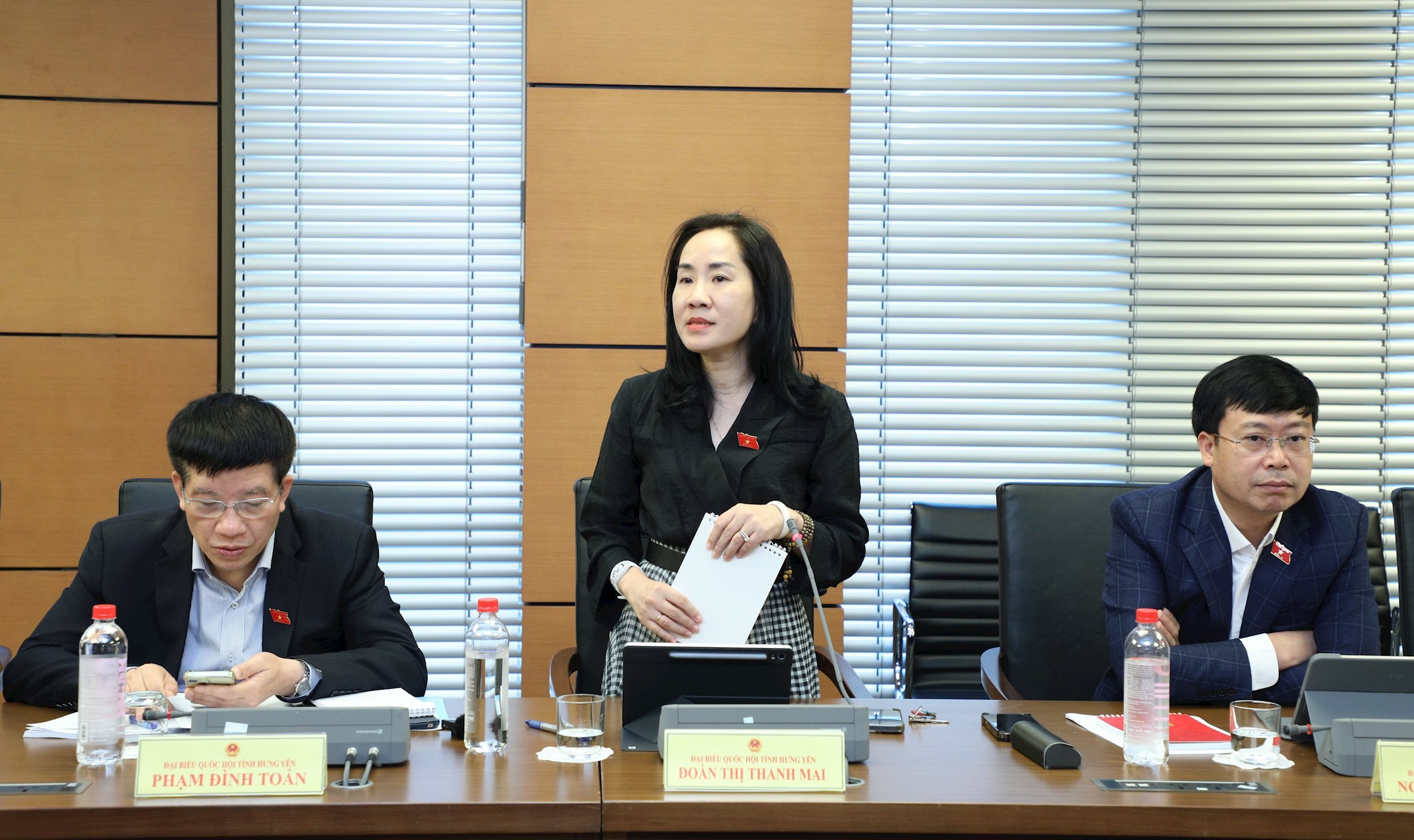
In addition, the delegate also suggested considering the regulation in Clause 1, Article 26 on "press agencies submitting 5 copies of printed press publications and one digitized copy of the publication for storage at the National Library of Vietnam" to be consistent with the innovation of storage methods, reducing paper documents and enhancing the digitization of archiving work. Is it necessary to submit up to 5 copies of press publications for storage, or do we have many other forms of digital storage and reduction of paper documents?
Source: https://daibieunhandan.vn/lam-ro-pham-vi-va-gioi-han-trong-hoat-dong-dau-tu-lien-ket-quang-cao-10392670.html





![[Photo] President Luong Cuong holds talks with South African President Matamela Cyril Ramaphosa](https://vphoto.vietnam.vn/thumb/1200x675/vietnam/resource/IMAGE/2025/10/23/1761221878741_ndo_br_1-8416-jpg.webp)
![[Photo] Prime Minister Pham Minh Chinh meets with South African President Matamela Cyril Ramaphosa](https://vphoto.vietnam.vn/thumb/1200x675/vietnam/resource/IMAGE/2025/10/23/1761226081024_dsc-9845-jpg.webp)
![[Photo] Prime Minister Pham Minh Chinh chairs meeting on railway projects](https://vphoto.vietnam.vn/thumb/1200x675/vietnam/resource/IMAGE/2025/10/23/1761206277171_dsc-9703-jpg.webp)
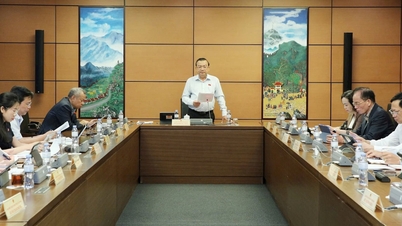
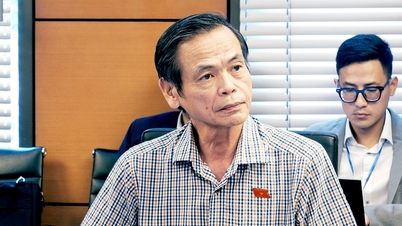



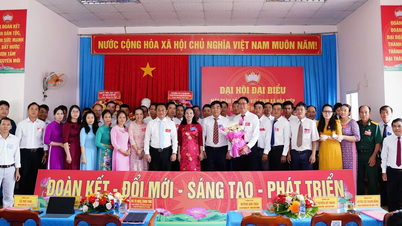

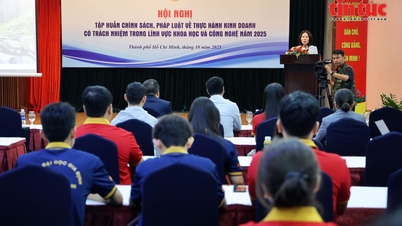

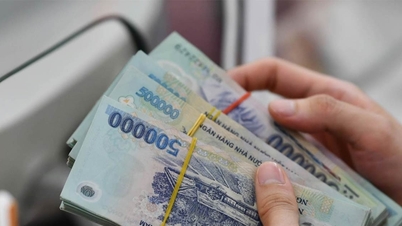

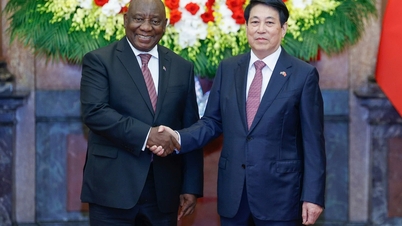

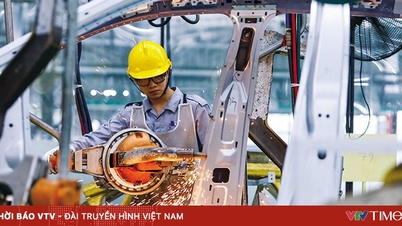

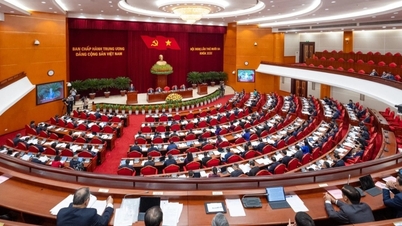
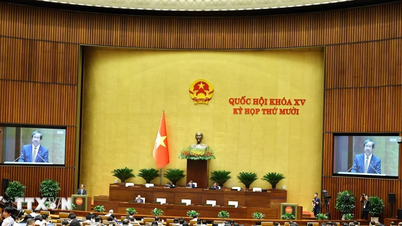

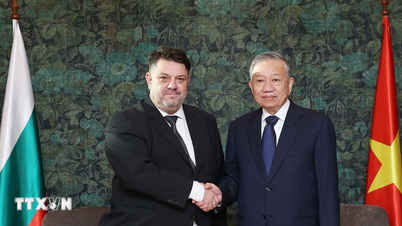
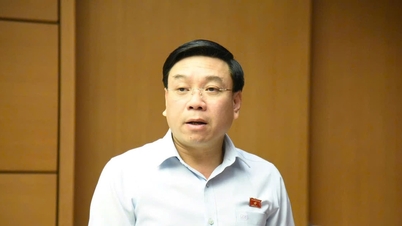




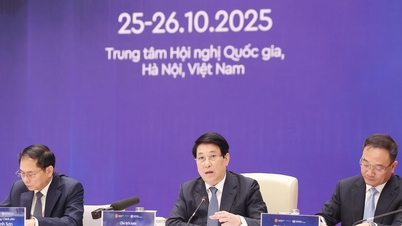
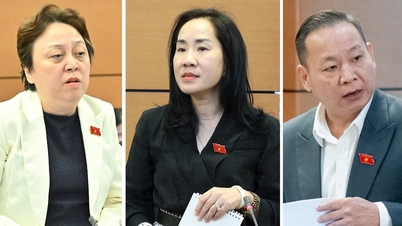
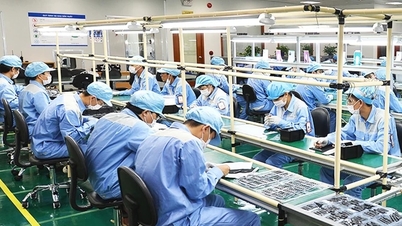
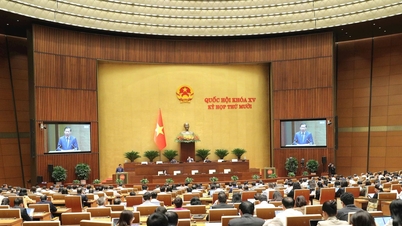
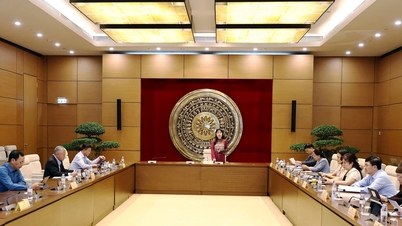
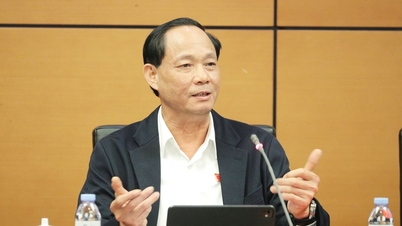




































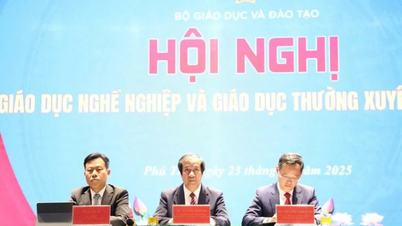


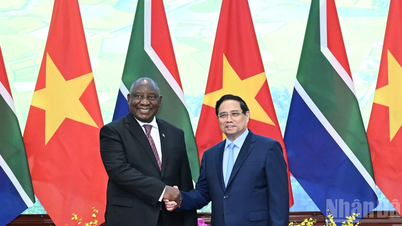



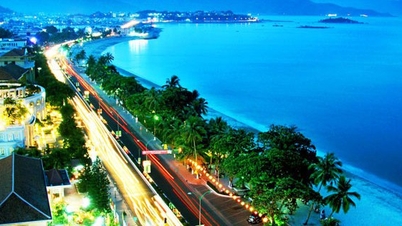
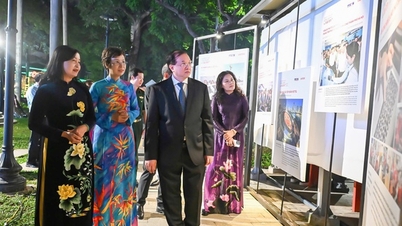



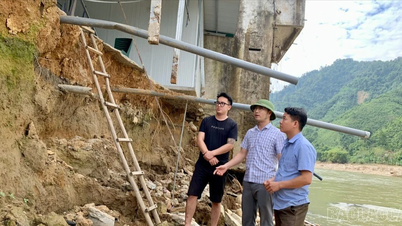

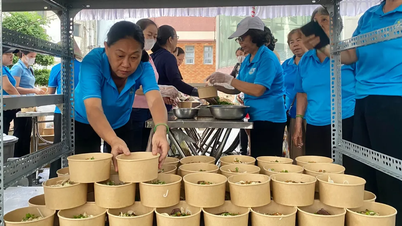


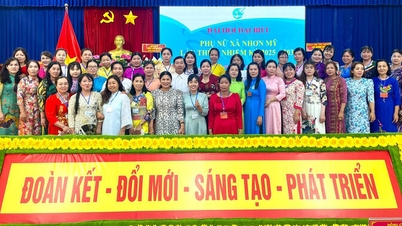

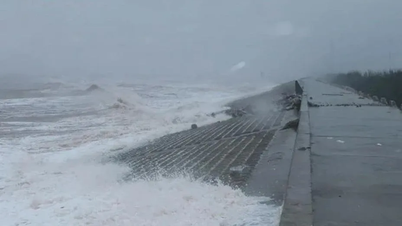
















Comment (0)